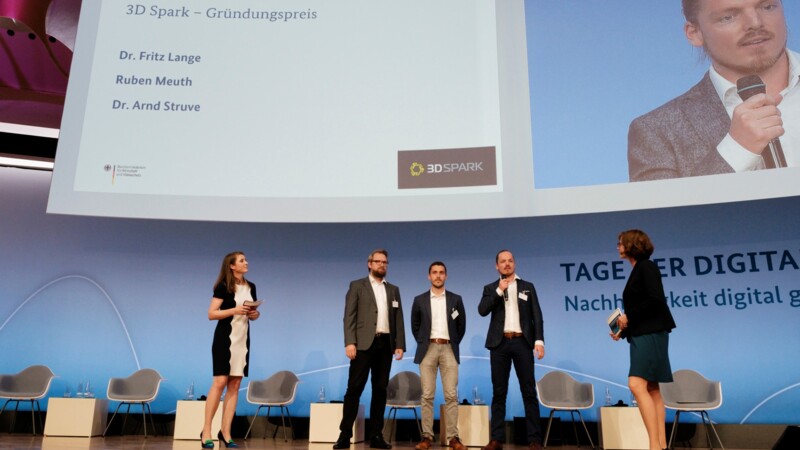"Bitkom’s renewed award indicates the success of the senate's digital strategy. Hamburg's strengths lie, for instance, in the provision of fibre-optic and public WLAN networks, in smart traffic control and in the digitalisation of administration," said Dr Peter Tschentscher, Mayor of Hamburg. The “Modul-F" Software used by Hamburg’s administration recently won the e-government contest. The Hanseatic City of Hamburg is steeped in tradition and on a good path towards the future, he added.
The City of Hamburg has prevailed over 80 major German cities to top the “Smart City Index” for the fourth consecutive time. Munich, Dresden and Hamburg were the top three in ranking published annually by Bitkom e.V. The index is drawn up in the categories of society, mobility, IT and communication of which Hamburg leads three.
Hamburg on right course with successful digital strategy
Hamburg’s scores
The Smart City Index is determined using a points system. Hamburg achieved 86.1 out of a possible 100 points in the overall ranking. In the category "Society", Hamburg scored 98.1 points and came first, 93.7 in the "Mobility" category for second place and 85.5 for third place in the "IT and Communication" category.
Data points and digital projects
The ranking covers all German cities with at least 100,000 inhabitants and is based on some 11,000 data points. The ranking also covers administration, energy and environment. A category consists of 36 indicators with a total of 133 parameters, for instance, online services, sharing offers or bandwidth availability.
nj/sb/pb
Sources and further information
More
Similar articles

Software used by Hamburg’s administration wins e-government contest

Hamburg-based 3D Spark wins start-up competition

